Norse Adolescent
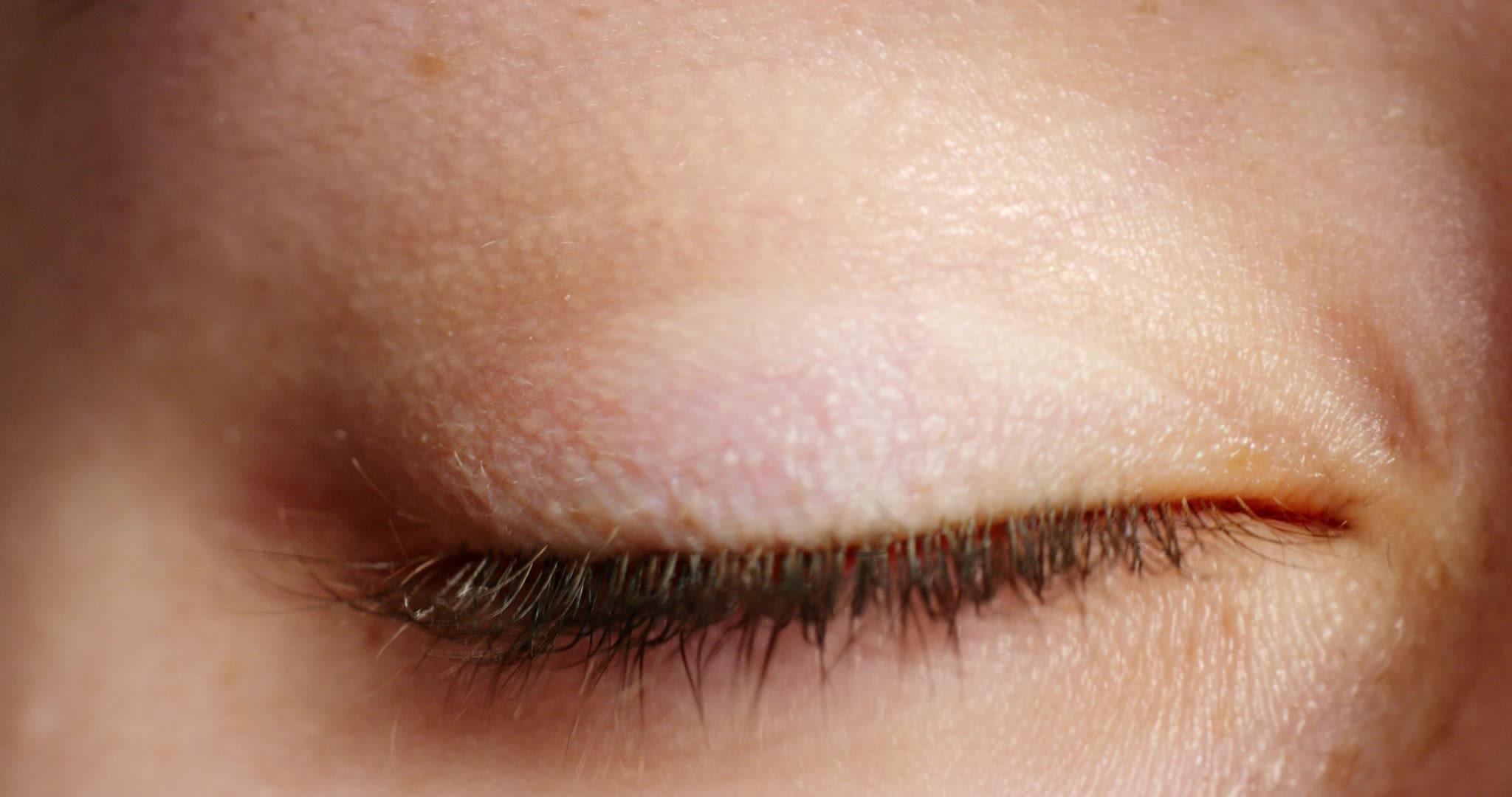
What Do Young People Say About the Needs That Feedback Should Support?

Understand My World
Understand what it means to be a young person, what it means to be in my life phase, and what my life situation is.
Let Me Be Independent
It is important to be independent. Having a mental health issue and going to school health services, BUP, PPT, and similar places goes against an important youth process because they become dependent on more and more adults in a life phase where they strive to be independent. At the same time, they are also children who need to be taken care of. They describe a significant ambivalence that the system must recognize.
Don't Categorize Me, Talk to Me as an Individual
Young people do not want to be treated as a disease or a diagnosis. They say it is important to be recognized as a fully living person with resources and challenges.
Be a Real Person, Not a Role
Adults are more likely to separate and relate to others as roles - you are my helper, you are my psychologist. The alliance is more of a professional relationship, even though there are ordinary interpersonal processes. Young people have a greater need to know more about the "real" person in the helper. A feedback instrument must support genuine relationships.
Help Me Find My Goal
Last but not least, young people are future-oriented rather than backward-looking. They need help and conversations that start with finding out what their own goal is.
What Problems Do We Aim to Solve?
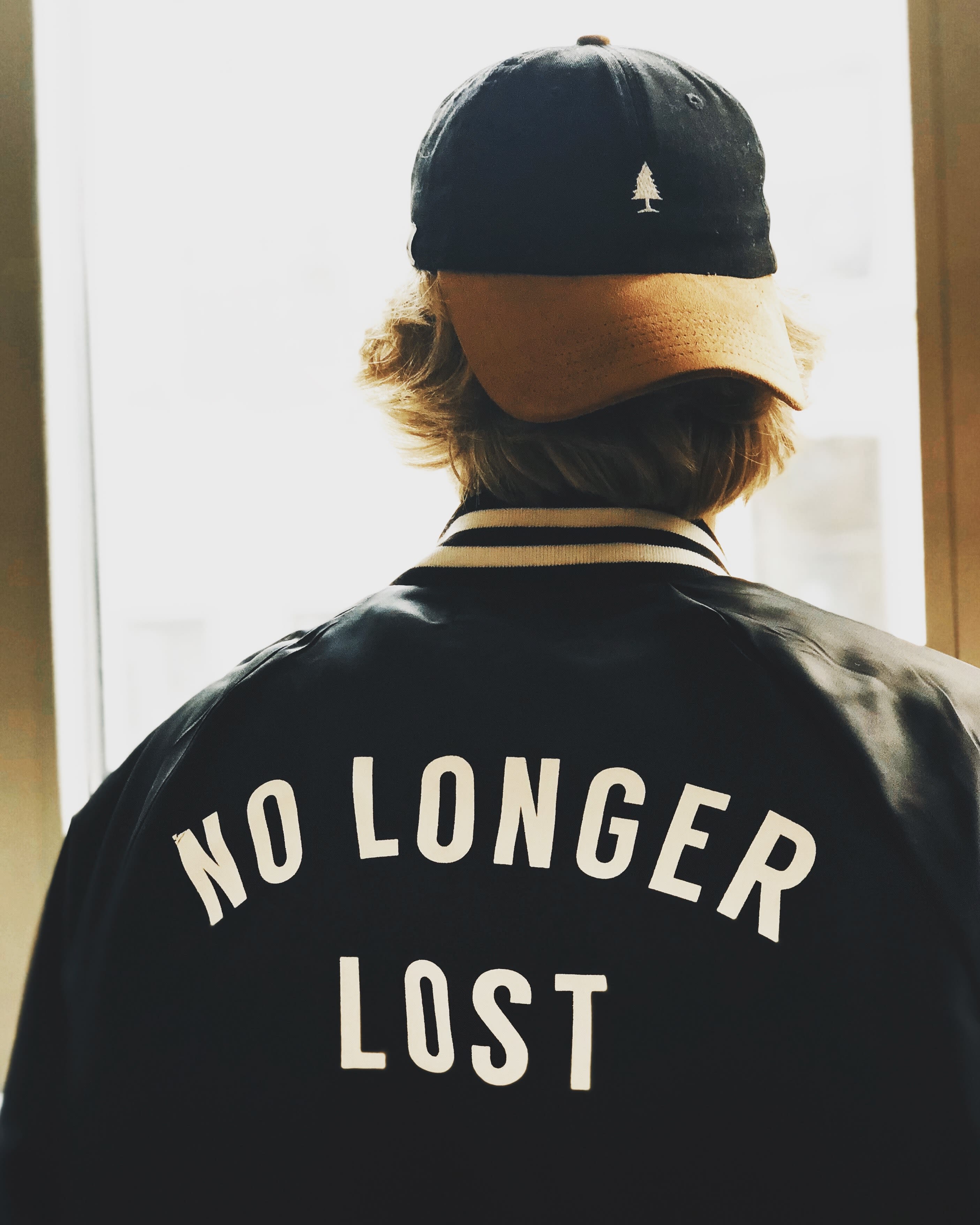

Dropout
There is significant concern about dropout rates among young people. This is also a concern in adult mental health care. Meta-analyses show that up to 60-70% of young people across different contexts and types of helper relationships drop out without improvement.
Undetected Deterioration
Young people can get worse. They might start doing things that are harmful or develop issues in entirely different areas than those being focused on. This deterioration can occur while in a helper relationship.
Youth's Life World
Adult-centric approaches are often cited as a reason for dropout difficulties among young people. They are invited into the adult's world, using adult forms, adult help methods, and adult rhythms - one hour a week, one hour every other week at a fixed time. We aim to promote youth-centric approaches.
Disengagement
All of this can lead to loss of engagement. We know this often happens when trying to establish safe contact with young people who are struggling. They respond with "I don't know" or "I don't want to." These responses indicate self-protection; they do not want to make themselves more vulnerable to yet another adult helper.
This Was the Starting Point
for Our Research
To realize this research and translate it into practice, we used the method that Norse always uses - participation:
We did not want to create a system from the outside that might just perpetuate the difficulties with adult-centric approaches and similar factors. We wanted to involve those it concerns. The research behind Norse Youth involved focus groups with young users and practitioners for young users across Norway, to find out what is needed and what young people need to trust and engage in creating a good helper relationship.
What Should Norse Adolescent (NY) Contribute To?
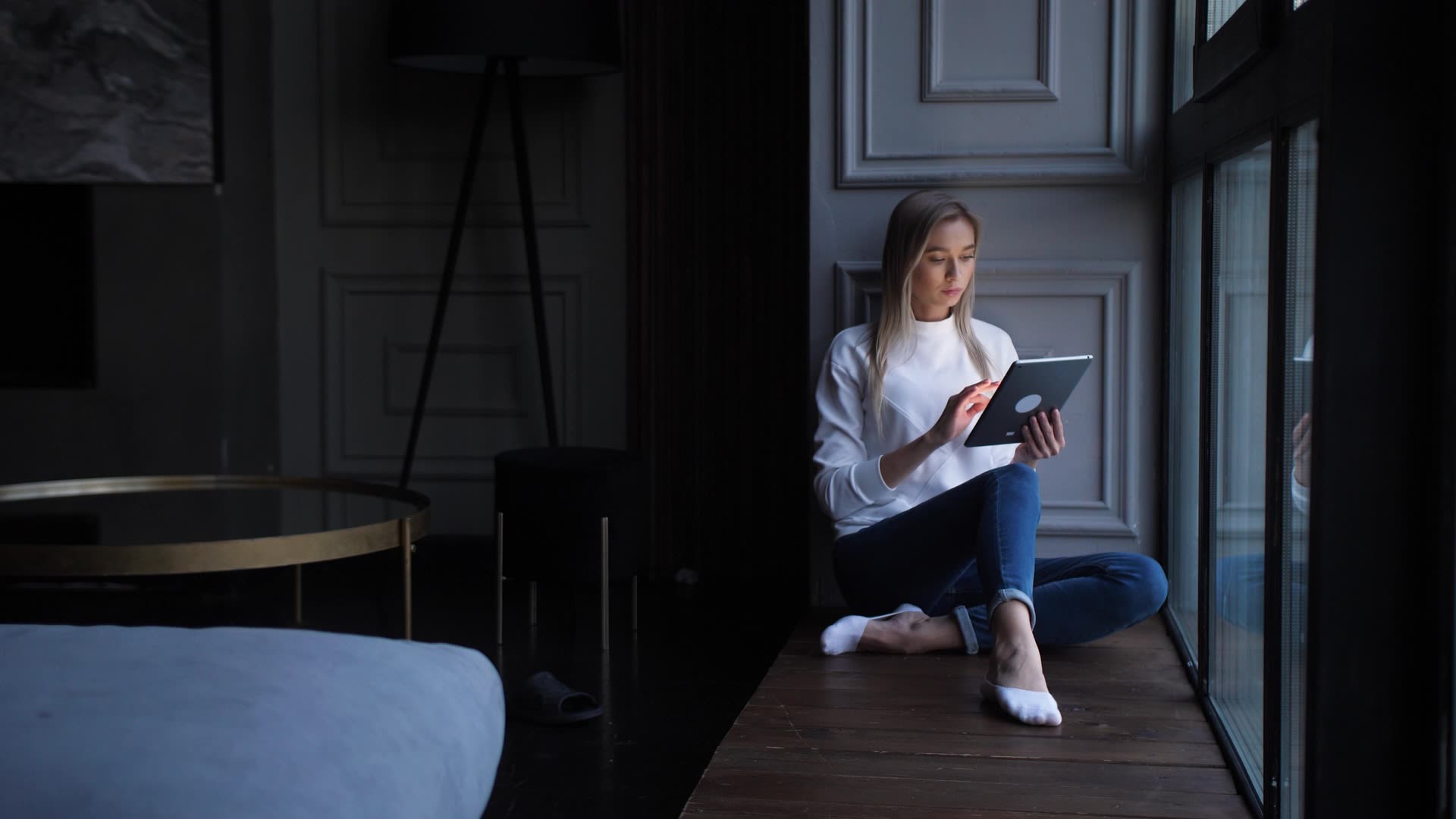
Research-Supported Understanding
of Challenges and Resources
A system that collects information from the user and provides us with an indication of what we are strong in. What types of problems and who we are able to help? And where do we need to allocate more resources?
Stimulate Professional Curiosity
Norse Youth should help the helper to become curious. What is it that this young person can best be helped with?
Improve Collaboration
In our field, there isn't a 1-1 relationship between a diagnosis, a disorder, and a treatment. It's more about the relationship between a person and a collaboration on what the treatment should focus on at the moment. There is a need to tailor it to the individual. The alliance/collaboration is about feeling safe and taken care of, but also about finding a focus that is useful and engaging for the person experiencing the issue.
Give the User a Voice in Their Own Treatment
Norse Youth should strengthen the user role - help to empower young people in their role as help receivers - a voice that allows young people to communicate their reality in an engaging way to those trying to understand that reality.
User-Friendliness/Interface - Absolutely Central
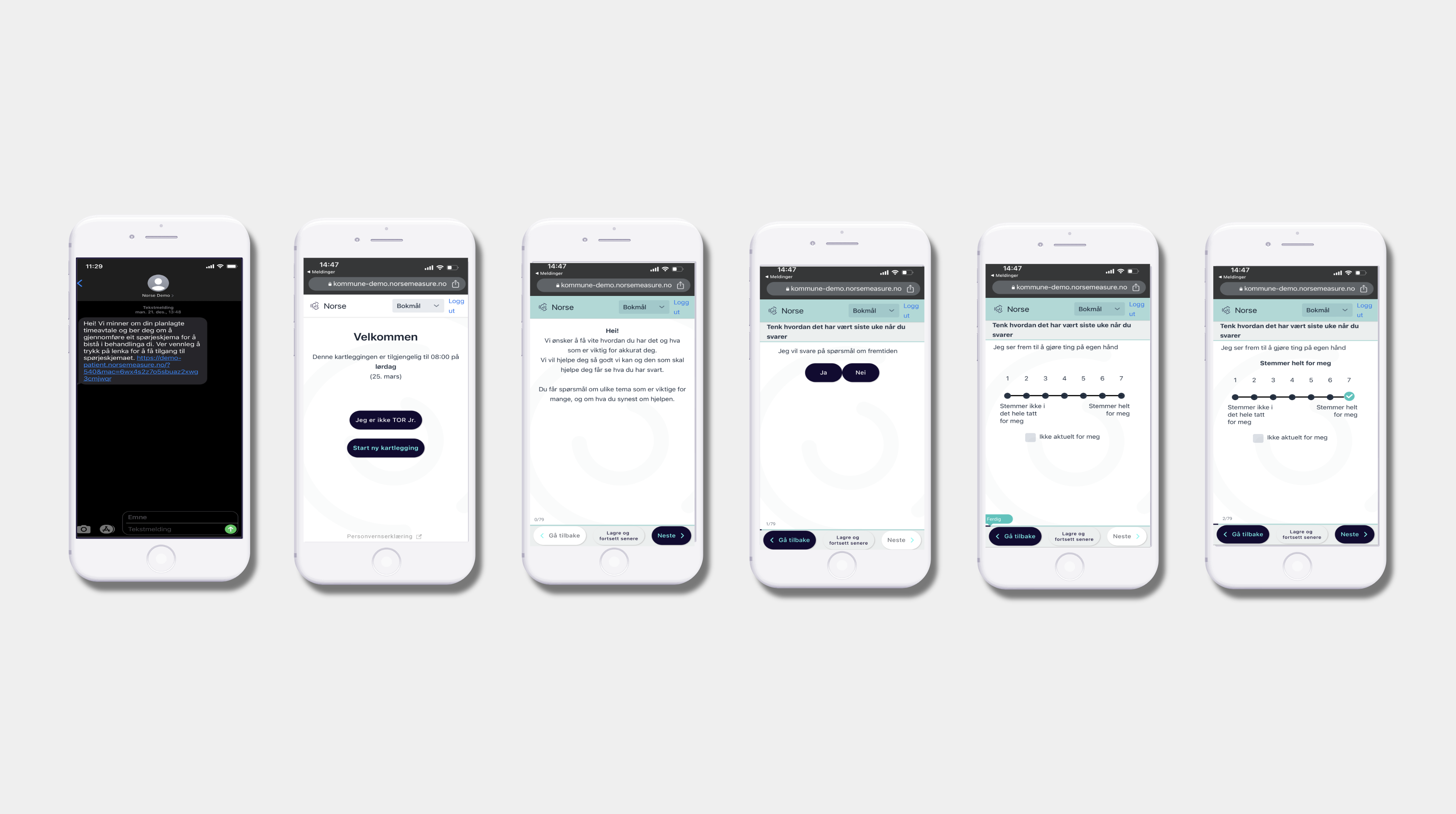
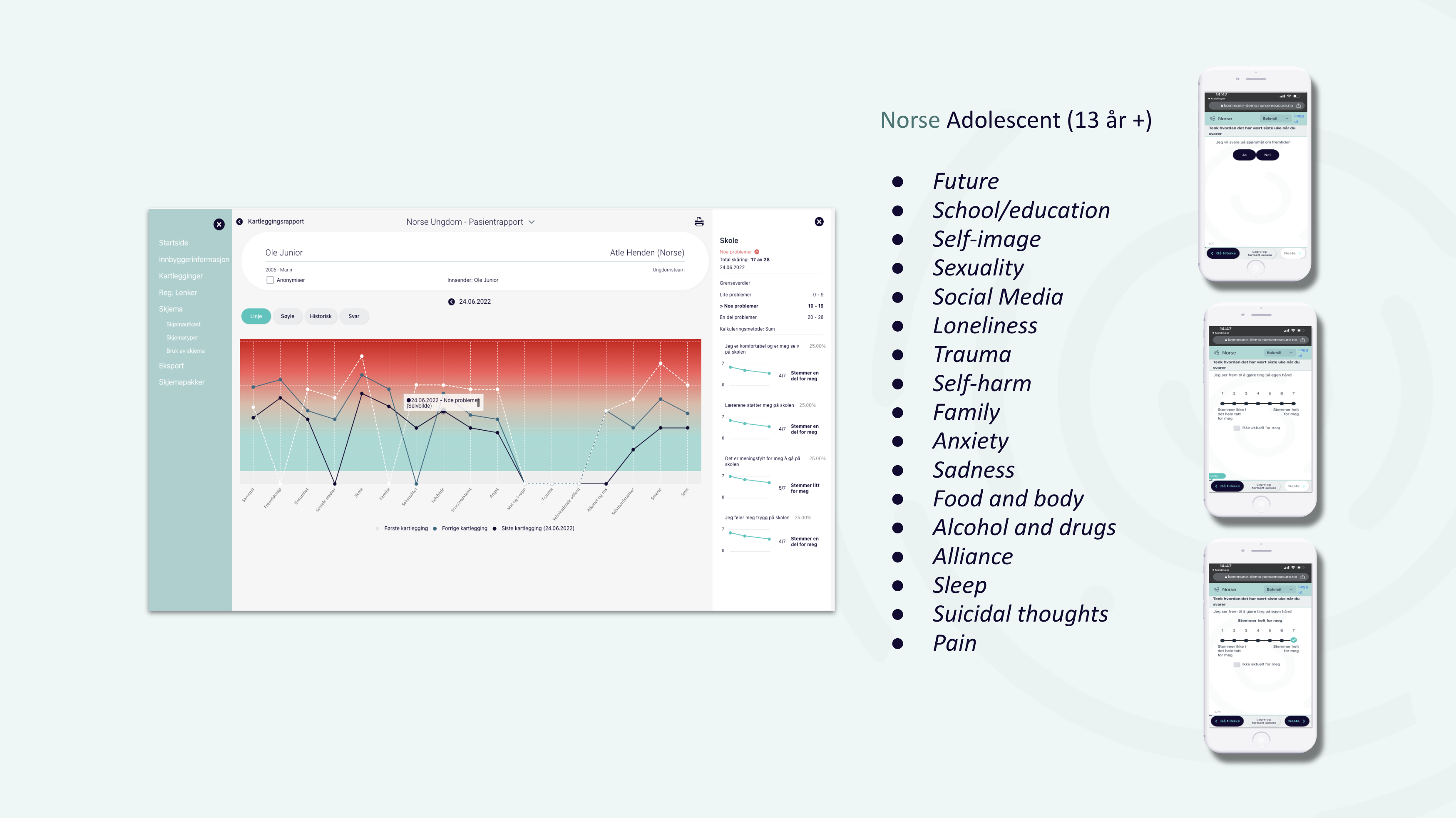
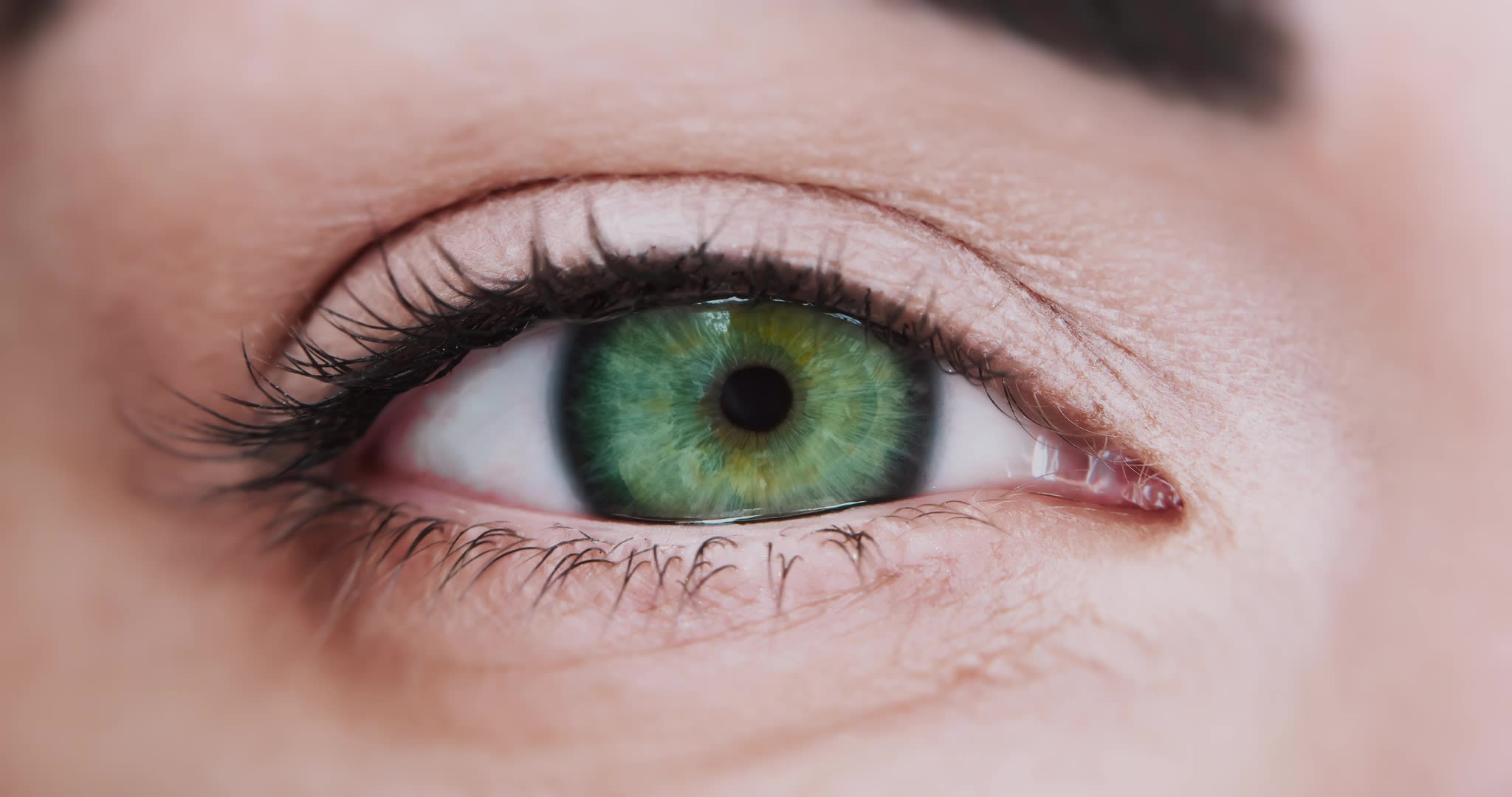
The young people involved in the development were clear that how a tool they use looks, feels, and is user-friendly is crucial. They will not use a tool that feels slow and bureaucratic.
Content / Themes
Norse Adolescent is a tool designed to engage young people in their own treatment, support their autonomy, monitor the effectiveness of interventions, and help prevent dropout. The themes in Norse Adolescent are based on what young people and their practitioners have described as needs. Each theme begins with a question. Young people have referred to this as "vampire autonomy" - they want to decide for themselves. This means that as a practitioner, you do not need to enter themes that the young person has not welcomed. Young people are first asked: "I want to answer questions about X."
